#Edward Bond
Text
He left school — “secondary modern,” meaning catering for children considered academically inferior — at the age of 15 without any qualifications. But he displayed a talent for writing and had an apotheosis that encouraged it: a school visit to see a performance of “Macbeth.”
“For the first time I found something beautiful and exciting and alive,” he said of that production. “I met someone who was talking about my problems, the society around me. Nobody else had said anything about my life to me at all, ever.”
14 notes
·
View notes
Text

Amy Ryan, Norbert Butz, and Pete Starrett in a promotional photo for a production of Edward Bond's Saved at the American Palace Theatre.
4 notes
·
View notes
Text
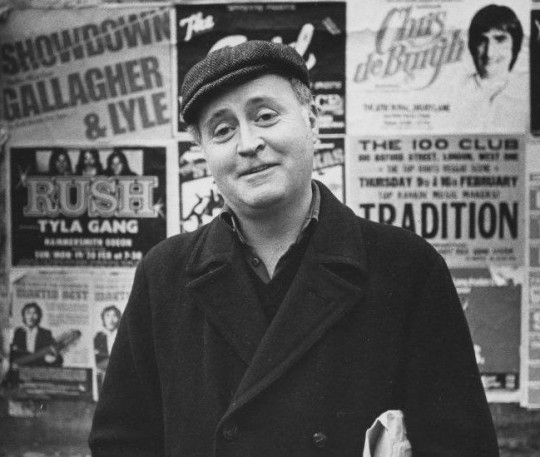
The battle to remove censorship from the British stage was fought primarily at the Royal Court theatre in London during the mid-1960s. The plays of Edward Bond, one of the most important British dramatists of the 20th century, who has died aged 89, were an essential part of that story and that struggle.
Bond had submitted plays to George Devine’s recently established English Stage Company at the Royal Court in 1958 and, as a result, was invited to join the theatre’s Writers’ Group. His first performed play, The Pope’s Wedding, was given in a production without decor on 9 December 1962, and Devine then commissioned a new play, which Bond submitted in September 1964.
That play, Saved, was presented privately for members of the English Stage Society in November 1965 after the lord chamberlain – the official censor to whose offices all new theatre plays had to be submitted – demanded cuts in the text. The play was the most controversial of its day, not just because of the explicitness of the sexual swaggering and dialogue, but because of a scene in which a baby is stoned to death in its pram.
The stays of middle-class propriety in the contemporary theatre had already been given a good vicious tug in the work of David Rudkin and Joe Orton, but this was something else. There was uproar in the theatre, and in the reviews, and a visit by the police. The theatre was hauled into court after an alleged minor breach of the club licensing laws, and many notable witnesses, including Laurence Olivier, spoke in the play’s favour. Penelope Gilliatt wrote in the Observer that the play was about brutishness, not brutish in itself: “The thing that makes Saved most painful to watch is the fact that the characters who won’t listen to other people’s desperate voices are in despair for lack of a listener themselves.”
Bond’s next play, Early Morning, was banned outright. It was a surreal fantasy, featuring Queen Victoria and Florence Nightingale as lesbian lovers, two conjoined twin princes, and cannibalism in heaven. Again, the vice squad paid a call, performances were cancelled and a private dress rehearsal arranged for the critics in April 1968.
By now the theatres bill was on its way in the House of Commons, becoming law in September. Plays were finally removed from the control of the lord chamberlain, who had held censorious sway over the nation’s entertainment since 1737. Violence, sex, political satire and nudity were bona fide subjects at last for the modern theatre.
William Gaskill, the artistic director of the Court in succession to Devine, mounted a Bond season in 1969 that established his reputation both in Britain and abroad, during a tour to Belgrade and eastern Europe. Saved was given 14 productions in West Germany and opened to acclaim in the Netherlands, Denmark, Japan, Czechoslovakia and the US.
This period was one of defiance at the Royal Court, and the experience marked everyone who worked there for life, none more so than Bond and Gaskill. Bond was acknowledged as the inheritor of Brecht’s legacy in the flintiness of his writing and the uncompromising artistic vision of his scenes and stage pictures.
He wrote many fine plays in the subsequent decade: his Lear (1971) was a majestic, pitiless rewriting of Shakespeare, with Harry Andrews unforgettably scaling a huge, stage-filling wall at the end; Bingo (1973) and The Fool (1975) drew chilling portraits of English writers – Shakespeare (played by John Gielgud at the Court – and by Patrick Stewart in a 2010 revival at Chichester) and the rural poet John Clare (Tom Courtenay) – at odds with their societies, driven respectively to suicide and madness; and The Woman (1978), the first new play to be produced on the National’s new Olivier stage, was an astounding, panoramic survey of Greek myths and misogyny.
Bond was born in Holloway, north London, one of four children. His parents were farm labourers in East Anglia and had come to London looking for work. Bond was evacuated during the second world war, first to Cornwall and later to live with his grandparents near Ely, Cambridgeshire. He attended Crouch End secondary modern school in London in 1946 and left when he was 15. “That was the making of me, of course,” he said, “you see, after that nobody takes you seriously. The conditioning process stops. Once you let them send you to grammar school and university, you’re ruined.”
He enjoyed the music hall and was impressed by Donald Wolfit as Macbeth at the Bedford theatre in Camden Town in 1948: “I knew all these people, they were there in the newspapers – this was my world.”
After school he worked as a paint-mixer, insurance clerk and checker in an aircraft factory before beginning his national service in 1953. He was stationed in Vienna and started to write short stories.
Once Saved had been performed and he knew he would always work in the theatre, he bought a house on the edge of a small village, Wilbraham, near Cambridge, and lived there contentedly with his wife, the German-speaking Elisabeth Pablé, a writer, whom he married in 1971 and with whom he collaborated on a new version of Wedekind’s Lulu based on some newly discovered jottings and manuscripts in the early 90s.
His early plays were often based in situations and societies he was familiar with, whatever their period setting, but Bond’s later work took on a more resonant, prophetic, some felt pompous, tone. Put simply, according to Richard Eyre and Nicholas Wright in Changing Stages, their 2000 account of the British theatre, Bond used to ask questions; now he gave answers.
He acquired a reputation as a rather remote guru, and his later, proscriptive epics about the failure of capitalism and the violence of the state were more often performed by amateurs than by the leading companies in Britain.
The Worlds (1979), for instance, was first given by amateurs in Newcastle, but its scope was immense, charting the collapse of a successful business operation riddled with strike action, terrorism, kidnappings and long speeches. In one of these, a terrorist defines the two worlds as one of appearance and one of reality. In the first, she says, there is right and wrong, the law and good manners. In the second, which controls the first, machines and power.
Before going into what he called voluntary exile from the British theatre establishment, Bond wrote the “pastoral” Restoration (1981) for the Court, an often witty inversion of a Restoration comedy, with Simon Callow in full flow as Lord Are, and Summer (1982) for the National, a comic, modern rendering of The Tempest set in the sunny Mediterranean.
Bond was a dapper, withdrawn man who could be intimidating, but disarmingly gnomic and self-deprecating when he was in the mood. Sympathetic interviewers could be treated to bilious attacks on directors such as Sam Mendes – whose 1991 revival of his 1973 comedy The Sea, a beautiful play of madness and dehumanisation in an Edwardian seaside town, he loathed – and Trevor Nunn (who, he said, turned the National Theatre into “a technicolour sewer”), though he never raised his voice and often dissolved into mischievous chuckling.
Even the collapse of eastern European socialism could not stem the flow of Bond’s writing. “Before, as a socialist writer,” he once told me, “you knew there was a framework, a system to which the play might eventually refer. But now, the problem of the last act has returned! And I was always a critic of the system to start with. That’s why I wrote my version of King Lear.”
More recently, you had to hunt pretty hard to find his new work. There was an intriguing season of six plays at the Cock Tavern in the Kilburn High Road, north London, in 2008, and several more performed by Big Brum, a theatre-in-education company in the Midlands, between 2012 and 2014.
Jonathan Kent directed a revival of The Sea at the Haymarket, starring David Haig and Eileen Atkins in 2008, while Sean Holmes provided the first London production of Saved in 27 years – still harrowing, more pertinent than ever – at the Lyric, Hammersmith, in 2011.
Following the example of Brecht, Bond was prolific in supplying his work with the extra apparatus of poems, prefaces and notebooks, though, unlike Brecht, a giant of an intellectual all-rounder in comparison, and a far superior poet, he was always better when restricting himself to stage dialogue.
He also wrote for films, including the screenplay for Nicholas Roeg’s Walkabout (1971), set in the Australian outback and starring Jenny Agutter and David Gulpilil, and the Nabokov adaptation Laughter in the Dark (1969), as well as contributing dialogue for Michelangelo Antonioni’s Blow-Up (1966) and Nicholas and Alexandra (1971).
At his best, he was a genuine poet of the stage, and exerted an enormous influence on at least two generations of theatre workers after him. It is possible that some of the unknown plays of his later, post-nuclear apocalyptic period will be ripe for assessment. The place of at least 10 of his earlier plays is secure in the national literature and they are certain to be revived. He remains much admired and often performed in France and Germany.
Elisabeth died in 2017.
🔔 Thomas Edward Bond, playwright and director, born 18 July 1934; died 3 March 2024
Daily inspiration. Discover more photos at Just for Books…?
4 notes
·
View notes
Text
#edward bond#playwright#death ment tw#rip#saved#bingo#lear#early morning#the sea#restoration#narrow road to the deep north#the war plays#dea#so the old guard shrinks a little more... not many of the great mid 20th century brit playwrights left now at all#rip ed. for saved alone you're guaranteed a place in the dramatic ledgers for all time
4 notes
·
View notes
Text
Weekend read: Duncan Gillies MacLaurin, 'The Real Pity'
No, Wilfred, I never believed your endeavour was more than a clever display. Did you think you could rescue the boys in the mess queue, or – no less grotesque – you’d betray your comrades by opting to stay in shock in Craiglockhart’s sick bay? Naive pretence is no defence for senseless sacrifice. Admit it, you were stupid to ignore Sassoon’s advice and blithely return to the fray, quite deaf to…
#Duncan Gillies MacLaurin#Edward Bond#Janet Kenny#long read#Pat Barker#Siegfried Sassoon#war#weekend read#Wilfred Owen#WW1
1 note
·
View note
Text



It’s about the yearning
[supergoodflag]
#supernatural#spn#dean winchester#destiel#castiel#deancas#misha collins#jensen ackles#spn crack#good omens#ineffable husbands#aziraphale#aziracrow#crowley#david tennant#michael sheen#ofmd#our flag means death#stede bonnet#ed x stede#blackbeard#blackbonnet#gentlebeard#taika waititi#rhys darby#blackbeard x stede#edward x stede#edward teach#wall slam#profound bond
544 notes
·
View notes
Text


gahhh my semester is finally over which means I can finally draw again!!!! College suckz.
Anyways this drawing is dedicated to the 20 last ppl still thinking abt this stupid idiot .
The dumb sketch at the bottom is bc my friend said he looked like one of those toys that the eyes pop out of …
#the batman 2022#batman 2022#riddler 2022#paul dano riddler#dano riddler#edward nashton#artists on tumblr#my art#riddler year one#the riddler#riddler#the hyperfixation bond of a woman and her favorite fictional redditor#paul dano
940 notes
·
View notes
Text
Ed waited until the day Al could stand without crutches to finally, finally,
Kick him in the back of the knee to get revenge for constantly doing that shit when he was armor (impervious to leg buckling)
#heartfelt sibling bonding? who needs that when you can make your little brother collapse instantly with one simple trick#fullmetal alchemist#fma brotherhood#edward elric#alphonse elric
255 notes
·
View notes
Text
Batman: That's enough, Riddler! Time to end this!
Riddler: Good luck, Batman! All the cards are in my hand!
Batman: Uh, Eddie, that's not exactly how you win.
Batman, putting down a card: Anyways, Uno....
Riddler, throwing his cards on the table: GODDAMMIT!
#bruce wayne is an uno queen#riddler is diehard stacking 4+ cards#but bruce is too much of a gd rule follower to allow that#booooo batman#uno is ALWAYS stacking 4+ cards#everyone expects batman to play chess or mahjong#but dick grayson always wanted to play uno or gold fish with bruce when he first adopted him#so now bruce is extremely biased towards uno#bc if was the first time him and dick bonded#now he plays uno with eddie bc dick moved to bludhaven and bruce is SAD#batman#bruce wayne#riddler#edward nygma#batfam memes#batfam#dc comics#dc universe#the batman#robert pattinson#paul dano#the batman 2022#dano riddler#dick grayson#nightwing#robin dc#batman and robin#batman and riddler
218 notes
·
View notes
Text
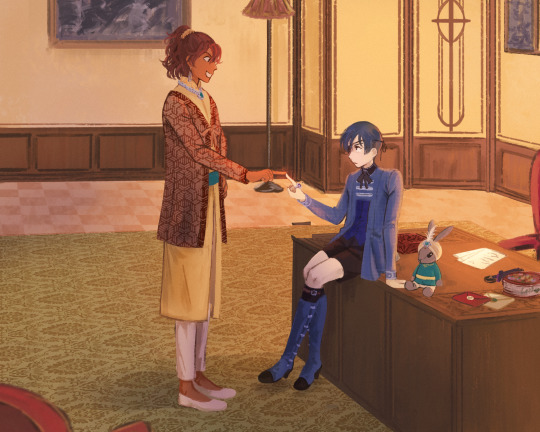
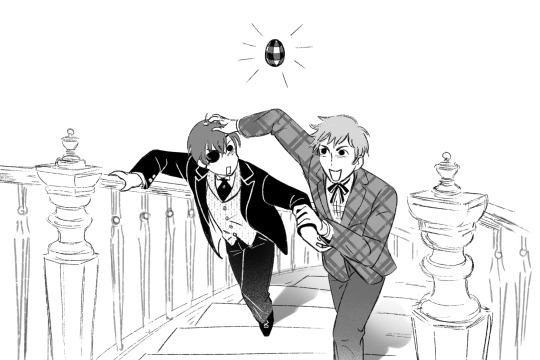

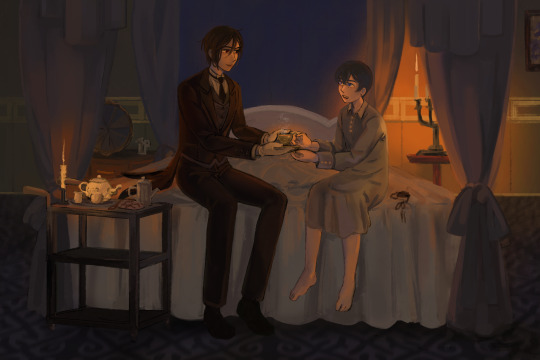
A compilation of art for my Dadbastian fanfic Coattails that I commissioned from the incredibly talented @tomoyoo! They went above and beyond with the details... Each picture feels as cozy and warm as a storybook, right? I'm so delighted with how they turned out!! Thank you for making each one so beautiful! 🥹🥹🥹
#coattails#not sebaciel so please don't tag as such! thank you!#kuroshitsuji#the backgrounds are just gorgeous.. thank you for your research and dedication to them#the outfits in the first one are amazing! I love Ciel's shirt and Soma's whole ensemble is so cozy yet regal#look at Ciel in the cardigan in the third one though? he is cozy#the expressions are my favorite. they're so animated! just as I imagine them to be..#I really like Ciel's in the first pic because I imagined him looking annoyed but you actually made him seem curious#and I actually like that more I think it's cute... he really does want to be friends with Soma huh 🥺#Sebastian's expression in the third picture is great. >:o#he's about to throw hands with an old lady#Edward and Ciel's competitive faces! being silly... I love Them#Ciel needs to get swept up in silly competitions more often I think...#and then the last one!! bonding over tea! it's so amazingly tender 😭#I don't think I imagined it coming out so calming and gentle... it's so emotional#it makes me want to keep writing!#if you are a Coattails reader I hope you love these as much as I do!#and if you aren't a Coattails reader... maybe these will convince you to become one? 😏 because they are so full of personality!#thanks times a million tomoyoo!!#(I should wait till tomorrow to post but I want to do it now...)#Coattails fanart#(adding to the fanart tag even though I commissioned it just for convenience's sake)
717 notes
·
View notes
Text
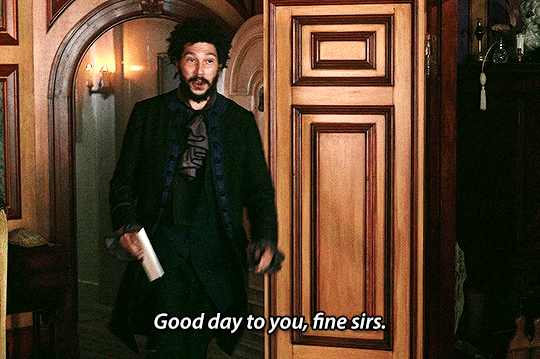
Ed and Frenchie connecting right away always makes me smile.
Their connection in 1x5 feels instinctual. We see Frenchie carefree, walking into the captain's quarters with a flourish in his new outfit. He's comfortable with them, and when Ed and Stede decide to go to the party, Ed right away asks Frenchie to come along if he doesn't have any plans.
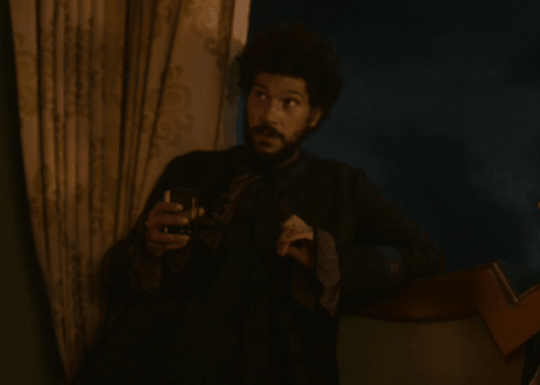
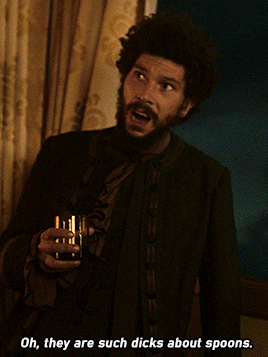
Then when Ed walks out of the party upset Stede is not the only one to respond to that. Frenchie's body language immediately changes from relaxed and having fun to standing straight up, concern on his face followed immediately by a crack at the societal people.
We don't see it directly on screen but Frenchie and Olu used their earlier agreement with Abshir over the pyramid scheme to get Stede the information for the passive aggression moment.
We don't know much about Frenchie's past, only that he worked in "service," can play the lute, and is an absolute gem at pulling off ploys.
I have written about how Frenchie and Ed have similar coping mechanisms with their trauma, and while not on the surface or talked about, it adds to their connection.
(This connection also explains why Ed keeps Frenchie aboard at the end of the first season and why he chooses Frenchie to be first mate.)
Now I feel like I'm rambling but my point is, we learn so much about Frenchie's character in this episode and the relation between Ed and Frenchie is instant and sweet. I love the effortlessness behind connections between people in this show.
The Best Revenge is Dressing Well is a great episode and these small moments, this link makes it all the more deeper.
#ofmd#our flag means death#ofmd edward teach#ofmd frenchie#stede bonnet#their bond is special to me#ofmd 1x5#the best revenge is dressing well
246 notes
·
View notes
Text
when Alex texted Henry, "yo there's a Bond marathon on and did you know your dad was a total babe?"
BTW for everyone interested: Red, White & Royal Blue: Collector's Edition Henry PoV bonus chapter by Casey Mcquiston : https://www.tumblr.com/yourartmatters-itswhatgotmehere/752528941905018880?source=share
+CMQ spotify (characters' playlists!!) https://open.spotify.com/user/p873j0jdmqn5hye7cakdnub7e/playlists
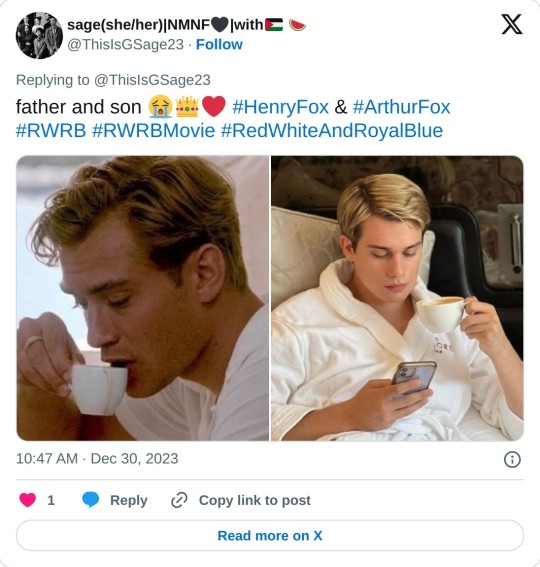




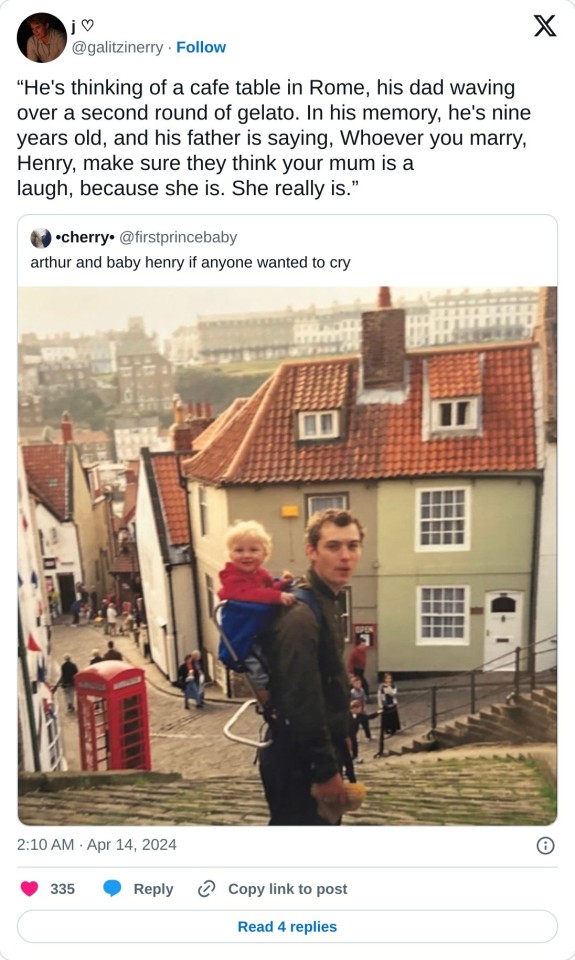

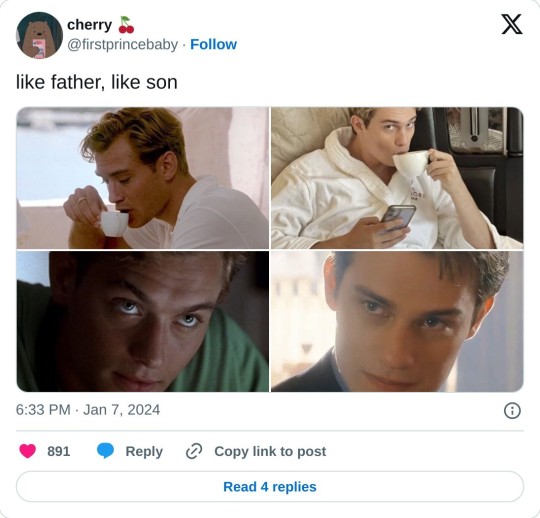

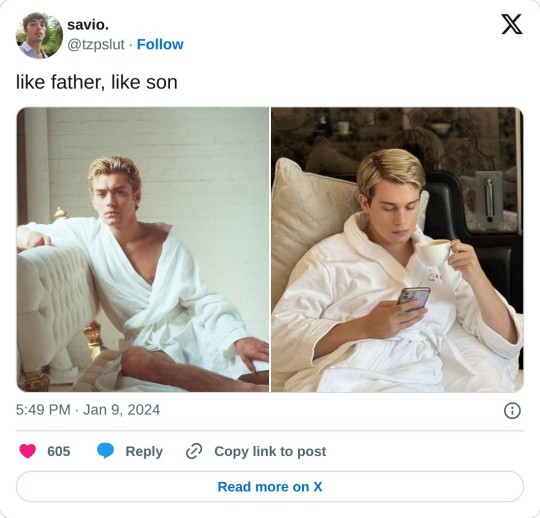
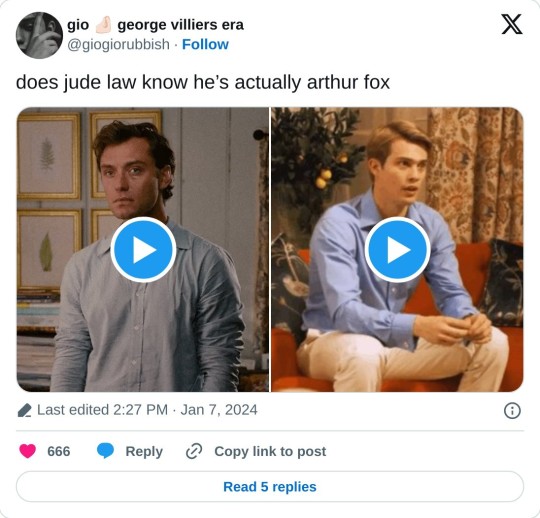

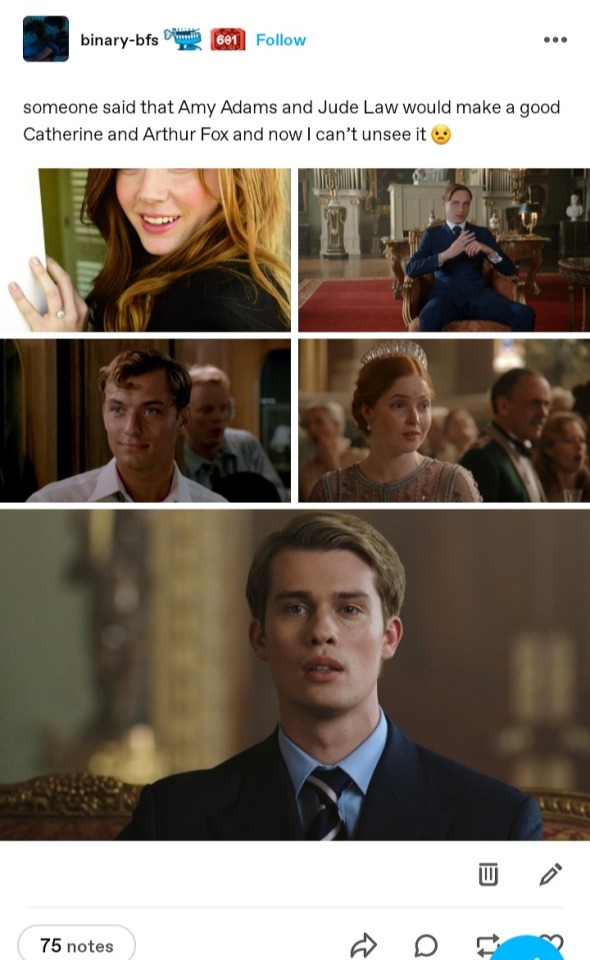
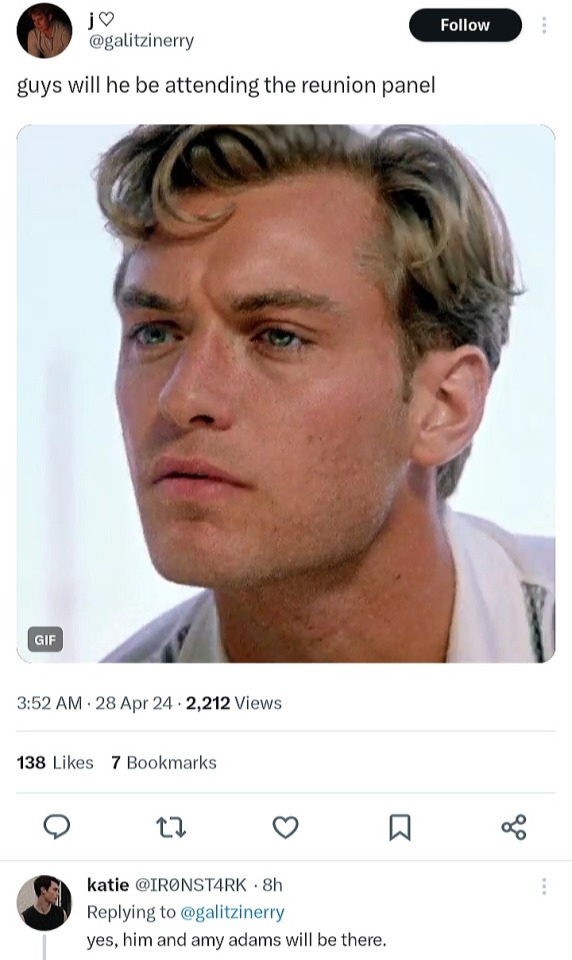
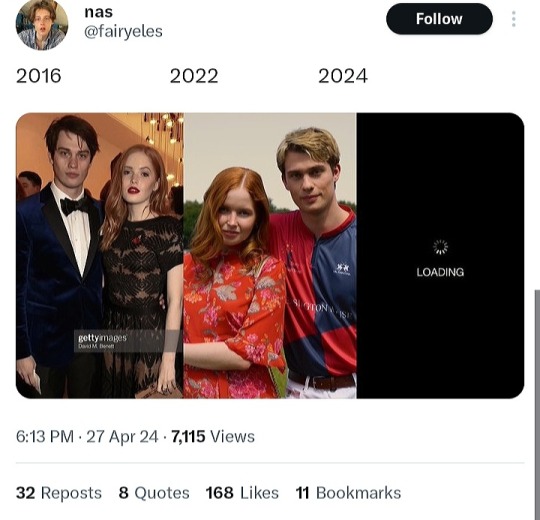



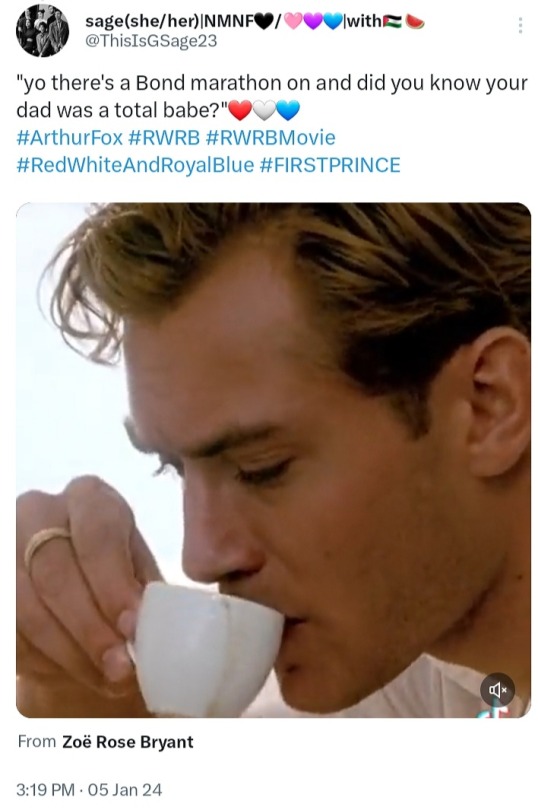
MORE RWRB in this post(many links!!):
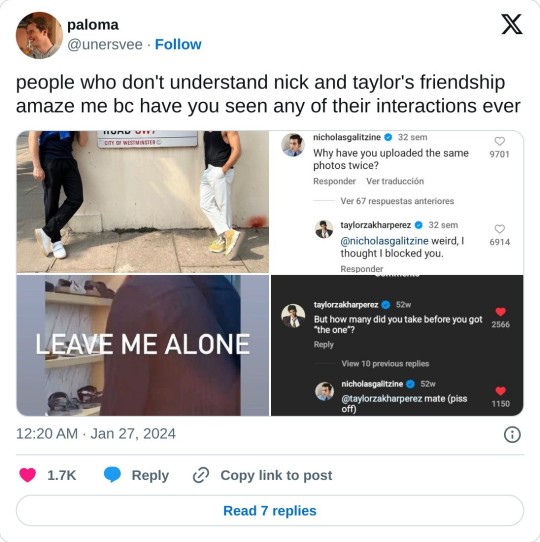
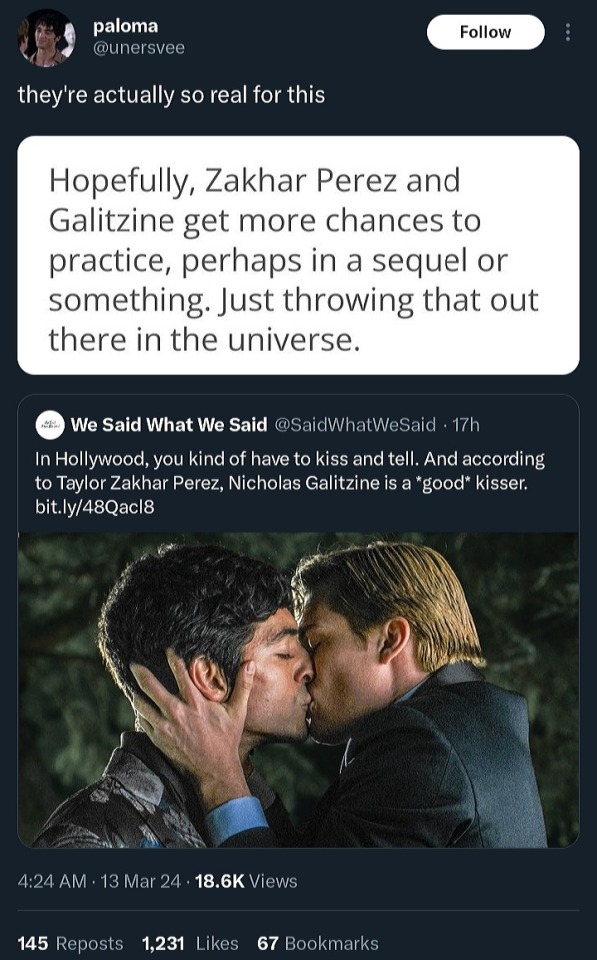


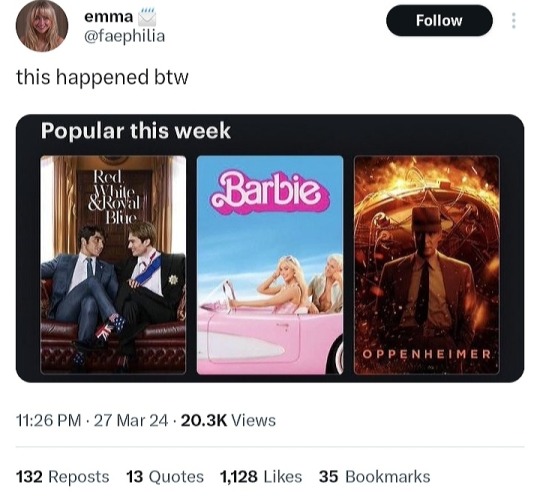


+ this post:
.

x
#rwrb#arthur fox#henry fox#jude law#young jude law#judelawedit#red white and royal blue#red white and royal blue movie#casey mcquiston#matthew lopez#rwrb movie#firstprince#alex x henry#henry x alex#prince henry of wales#prince henry fox mountchristen windsor#prince henry george edward james hanover stuart fox#prince henry rwrb#tzp#taylor zakhar perez#nick galitzine#nicholas galitzine#bea fox mountchristen windsor#ellie bamber#james bond#henry fox x arthur fox#rwrb sequel#rwrb 2#red white and royal blue 2
179 notes
·
View notes
Text




well you know what they say
#[ insert bond joke here ]#doodles#ttte#i actually liked how some of these turned out#ttte lady#ttte edward#ttte thomas#ttte percy#ttte d10#i don't have names for some of them yet.. i need to cook
92 notes
·
View notes
Text

morale has improved since captain introduced Nap Time
#the terror amc#the terror#edward little#francis crozier#and now the prize task of guess the ship name bc I have no clue#Nedzier#Crolittle#Crittle????#this neednt be ship art anyway I just think for both the crews and Croziers sake there should be Bonding Time Snuggles#vast art tag#Edward is only 3 seconds of slipping impulse control away from sucking his thumb shh dont startle him now
277 notes
·
View notes
Text
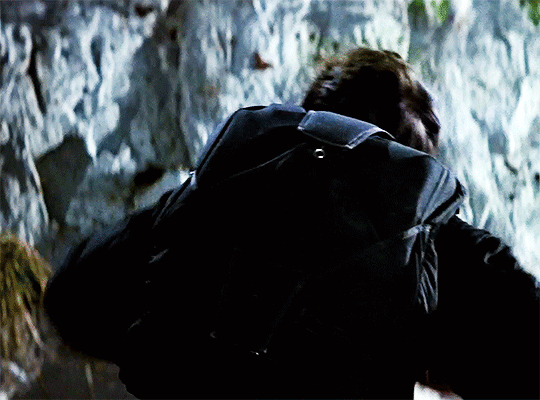

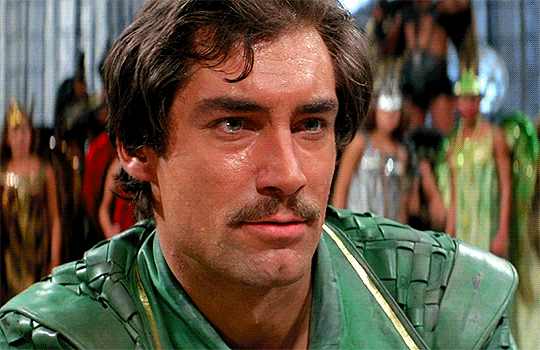
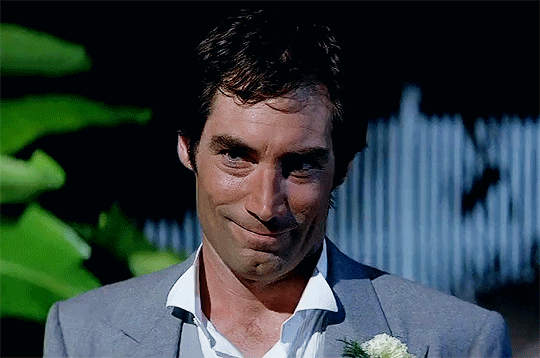
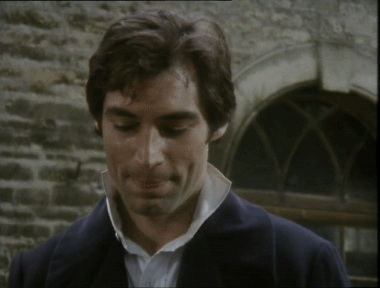

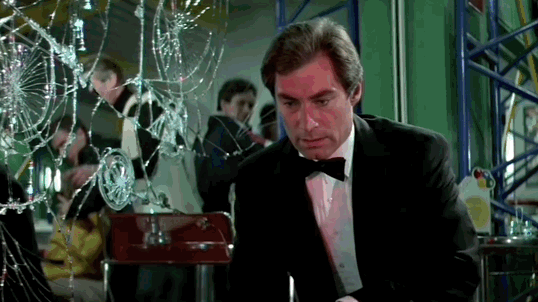
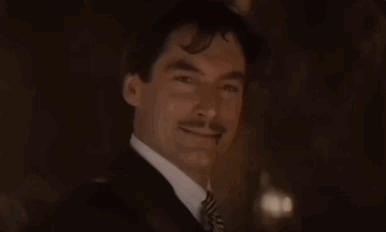
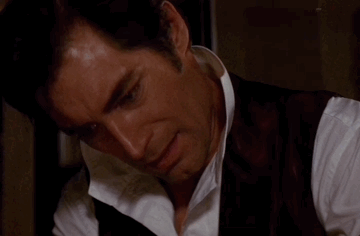
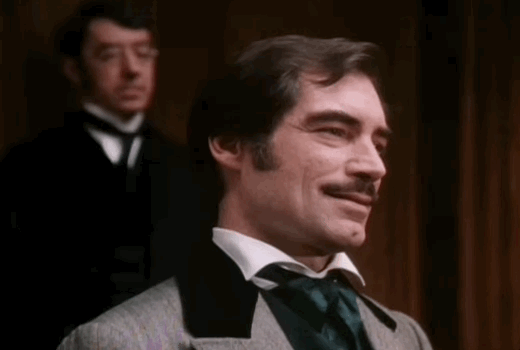
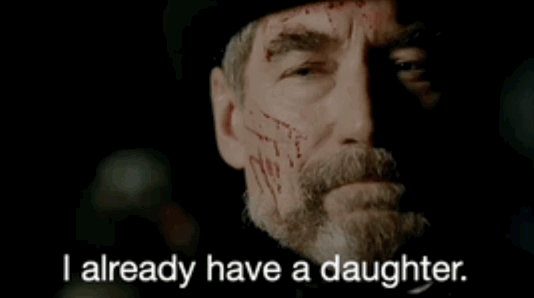
“I wanted to bring people back to believing in this character. To bring my reality to it. I guess I've always liked a challenge.”
– Timothy Dalton
#timothy dalton#timothy dalton appreciation post#underrated actor imo#new favorite actor unlocked#007#the living daylights#hot fuzz#flash gordon#licence to kill#jane eyre#jane eyre 1983#the beautician and the beast#the rocketeer#the doctor and the devils#scarlett#gone with the wind#penny dreadful#james bond#simon skinner#prince barin#mr rochester#edward rochester#boris pochenko#neville sinclair#dr thomas rock#rhett butler#sir malcolm murray#thank you sir for bringing these characters to life 🙏🏽#i like the amount of depth and emotion he gives to the characters he plays#makes them even more interesting and compelling
88 notes
·
View notes
Text

I couldn't resist. Based on that tumblr post going around.

#they would wither and die without each other#literally pair bonded#ttte#ttte meme#ttte edward#ttte james#james the red engine#edward the blue engine#rws#thomas and friends#2 x 5#ttte 2 x 5#jameward#💙❤️#edward at the bowl nibbling on engine snacks#i wish trains were real
226 notes
·
View notes